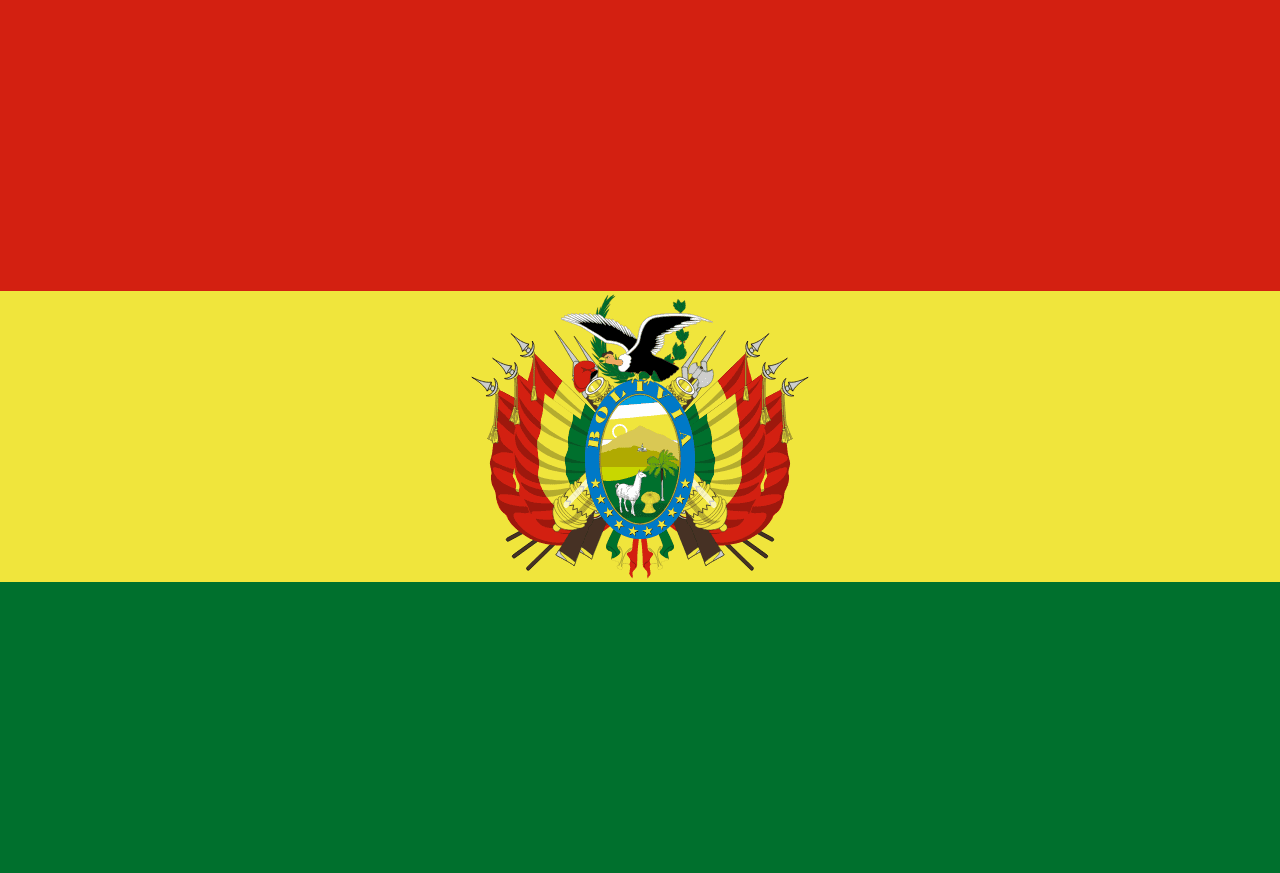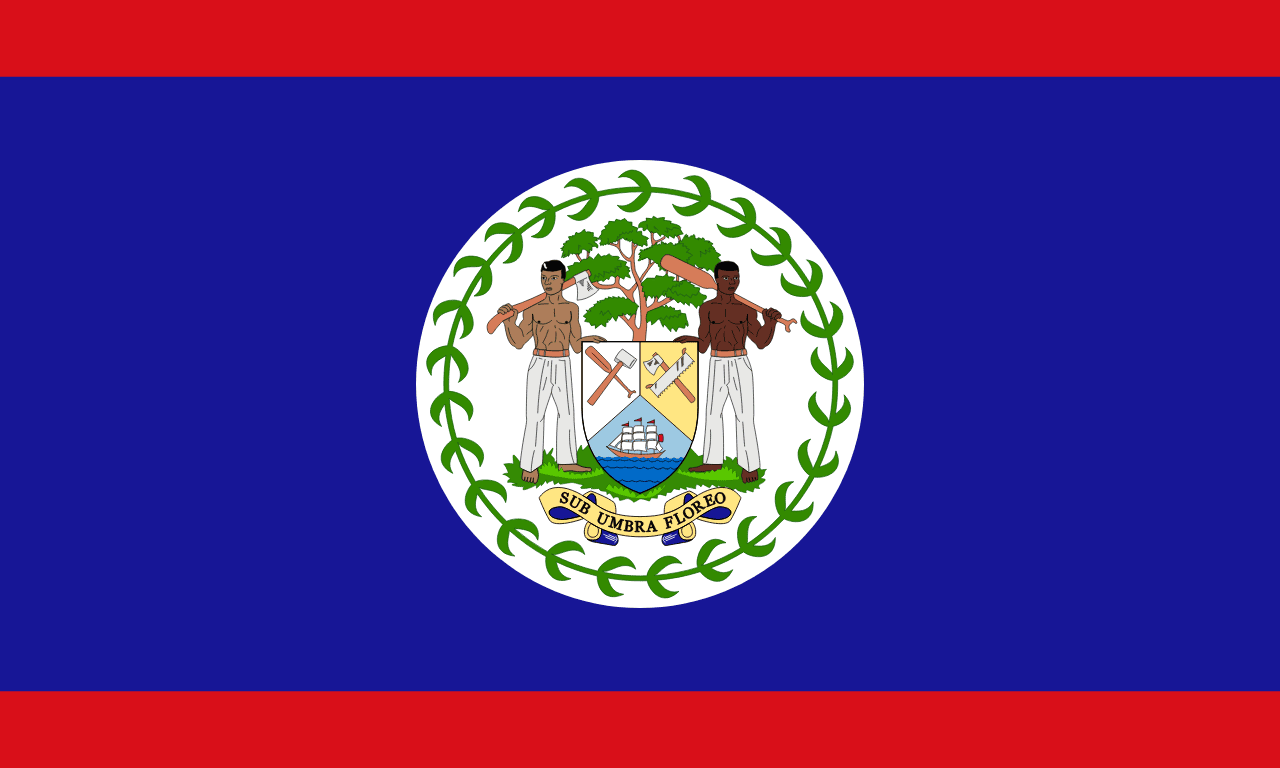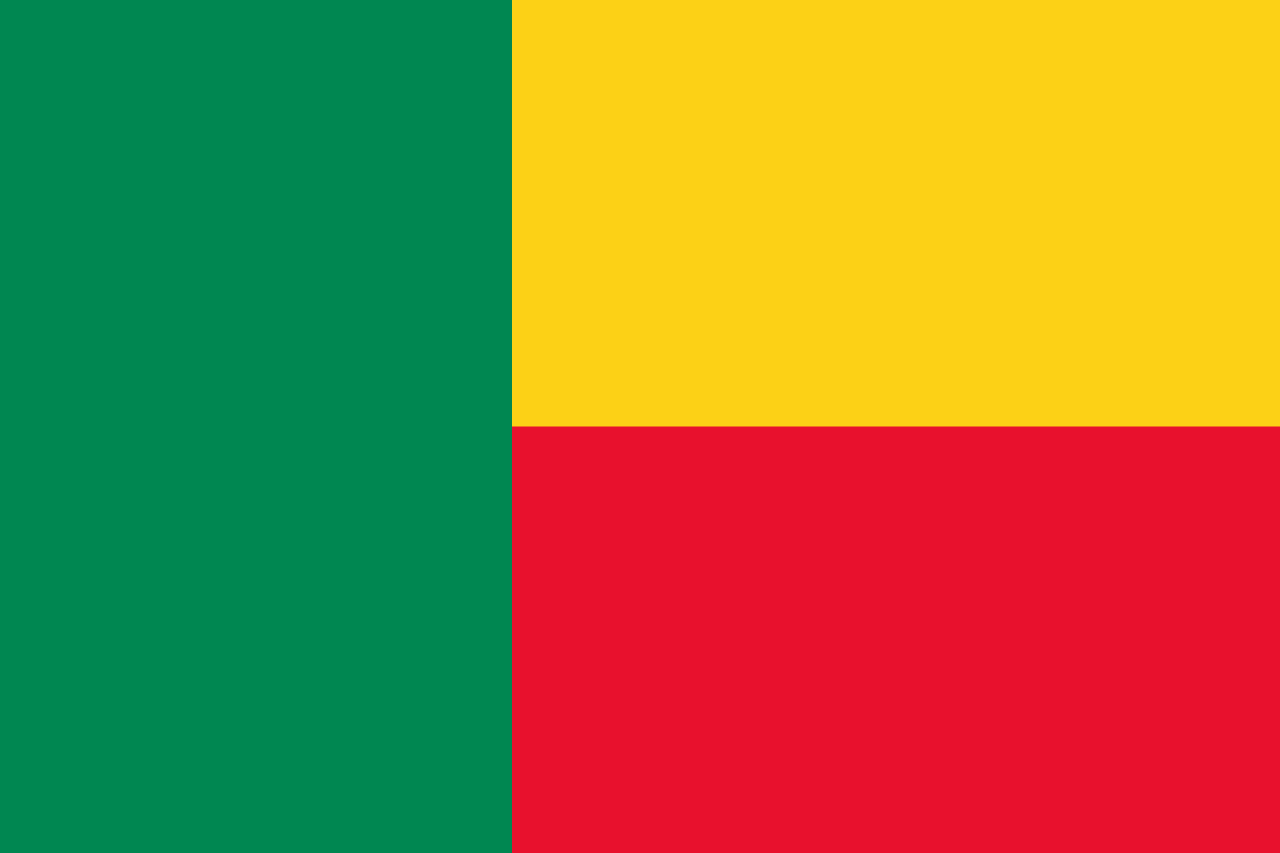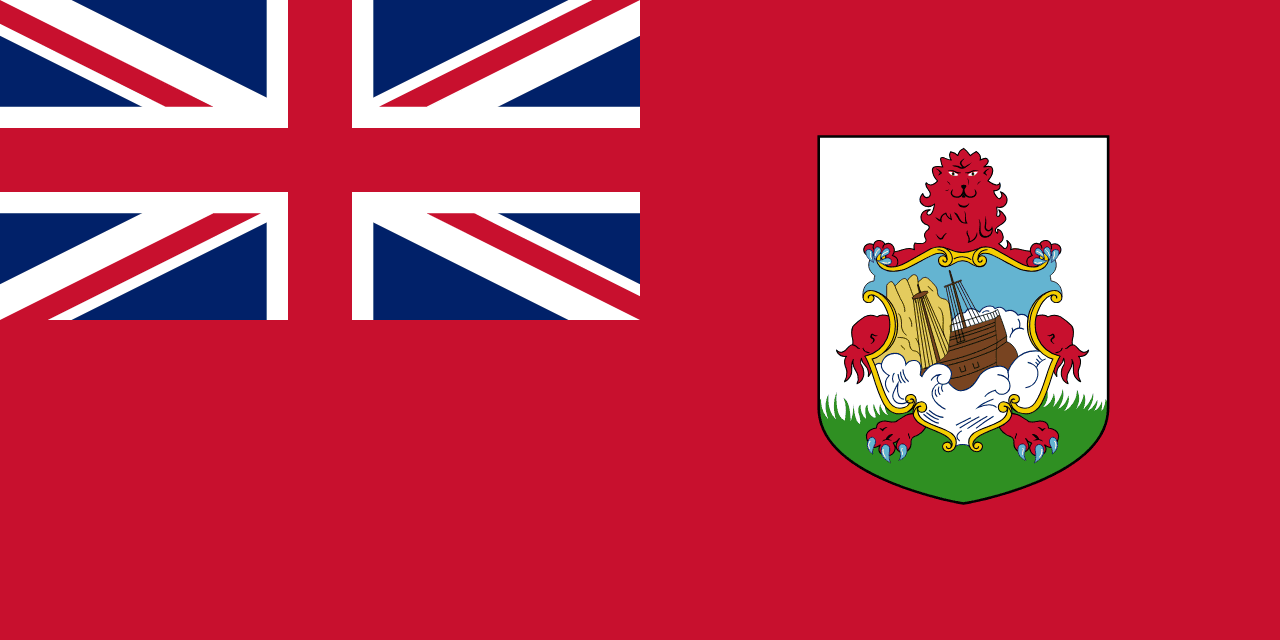The flag of Bhutan is a unique and visually striking emblem that encapsulates the nation's rich cultural heritage and spiritual traditions. It consists of a diagonally divided field, with the upper half in orange and the lower half in yellow. At the center of the flag is a intricate white dragon, known as Druk, which gives Bhutan its endearing nickname: "Land of the Thunder Dragon."
Bhutan information
| National Flag Day | — |
| Sovereign state | Yes |
| Official name | Kingdom of Bhutan |
| Capital | Thimphu |
| Population | 771,608 |
| Area | 38,394 km² |
| Currency | Bhutanese ngultrum (BTN) |
| Language | Dzongkha |
| Continent | Asia |
| Region | South Asia |
| Subregion | Himalayas |
| Borders | China, India |
| Timezone | Bhutan Time (BTT) UTC+6 |
| Calling code | +975 |
| Top-level domain | .bt |
History of the Bhutanese Flag
 The current design of the Bhutanese flag was officially adopted in 1969, during the reign of the third Druk Gyalpo (Dragon King), Jigme Dorji Wangchuck. However, the use of the dragon symbol in Bhutanese heraldry dates back much further, to the 17th century when Zhabdrung Ngawang Namgyal unified the country. The flag's design was refined over time to better represent Bhutan's unique identity and governance philosophy, known as Gross National Happiness (GNH).
The current design of the Bhutanese flag was officially adopted in 1969, during the reign of the third Druk Gyalpo (Dragon King), Jigme Dorji Wangchuck. However, the use of the dragon symbol in Bhutanese heraldry dates back much further, to the 17th century when Zhabdrung Ngawang Namgyal unified the country. The flag's design was refined over time to better represent Bhutan's unique identity and governance philosophy, known as Gross National Happiness (GNH).
Symbolism and Design of the Bhutanese Flag
Every element of the Bhutanese flag is imbued with deep symbolism:
- The orange upper half represents Buddhism, the spiritual foundation of Bhutanese culture and governance.
- The yellow lower half symbolizes the secular authority of the monarchy and its commitment to the welfare of the people.
- The diagonal division signifies the harmonious coexistence of spiritual and secular powers in Bhutan's unique system of Buddhist constitutional monarchy.
- The white dragon, Druk, represents the name of the country in the Bhutanese language (Druk Yul) and the purity of its people's thoughts and actions.
- The dragon's white color symbolizes loyalty and purity of intent in serving the nation.
- The jewels held in the dragon's claws represent Bhutan's wealth and the security and protection of its people.
Usage and Significance of the Bhutanese Flag
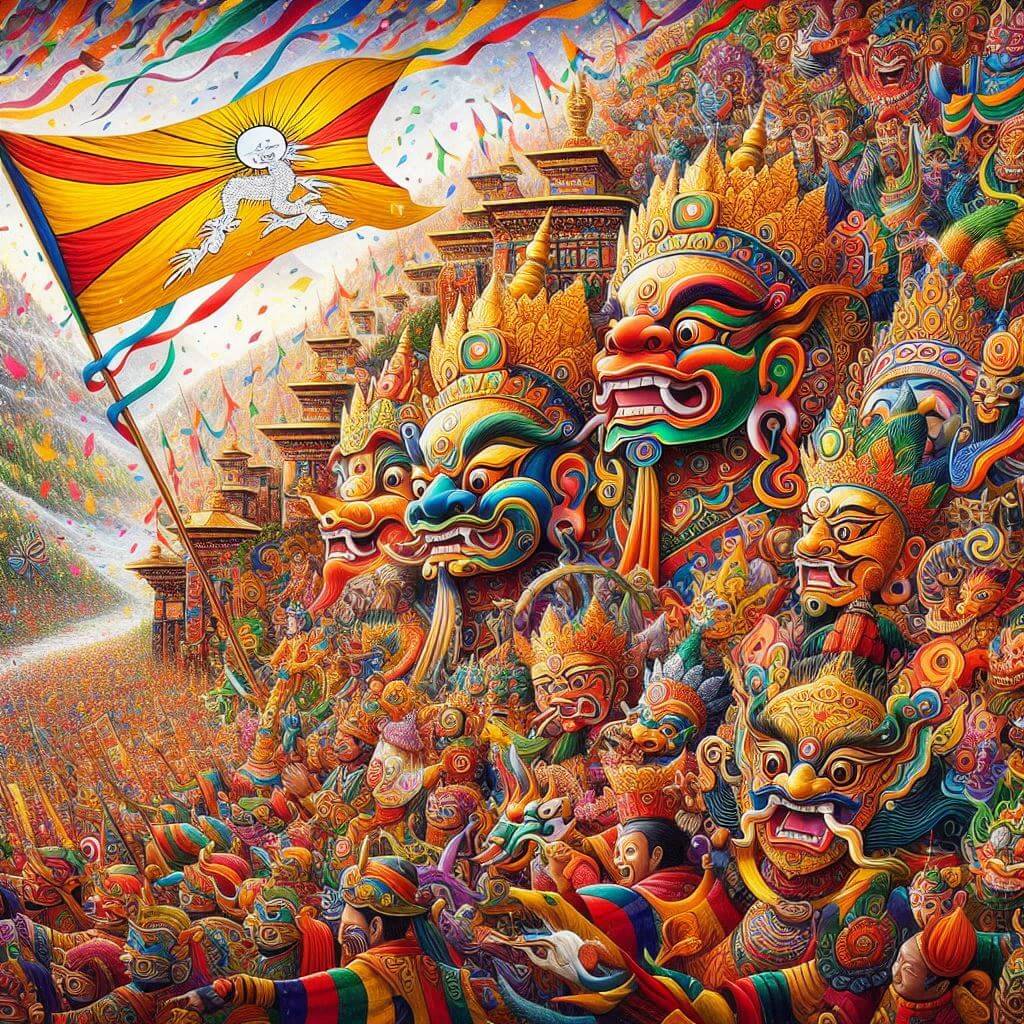 The Bhutanese flag is a source of immense national pride and is prominently displayed throughout the country. It flies atop government buildings, schools, and monasteries, and is featured during important national events and festivals. The flag is particularly visible during Bhutan's colorful Tshechu festivals, where it adds to the vibrant atmosphere of these religious celebrations.
In daily life, the flag serves as a constant reminder of Bhutan's unique cultural identity and its commitment to preserving traditions while embracing modernization. It symbolizes the country's sovereignty and its distinctive approach to development, which prioritizes the happiness and well-being of its citizens over mere economic growth.
The Bhutanese flag is a source of immense national pride and is prominently displayed throughout the country. It flies atop government buildings, schools, and monasteries, and is featured during important national events and festivals. The flag is particularly visible during Bhutan's colorful Tshechu festivals, where it adds to the vibrant atmosphere of these religious celebrations.
In daily life, the flag serves as a constant reminder of Bhutan's unique cultural identity and its commitment to preserving traditions while embracing modernization. It symbolizes the country's sovereignty and its distinctive approach to development, which prioritizes the happiness and well-being of its citizens over mere economic growth.
Interesting Facts About the Bhutanese Flag
- Bhutan's flag is one of the few national flags that does not use the colors red, white, or blue, setting it apart from many other countries.
- The dragon on the flag is always positioned so that it faces the flag pole, symbolizing its role as a protector and guardian of the nation.
- The flag's design incorporates elements of traditional Bhutanese art and iconography, reflecting the country's commitment to preserving its cultural heritage.
- In Bhutanese culture, the dragon is associated with wisdom, power, and good fortune, making it a fitting symbol for the national flag.
- The flag's unique design has inspired various adaptations in Bhutanese art, architecture, and fashion, further cementing its cultural significance.
